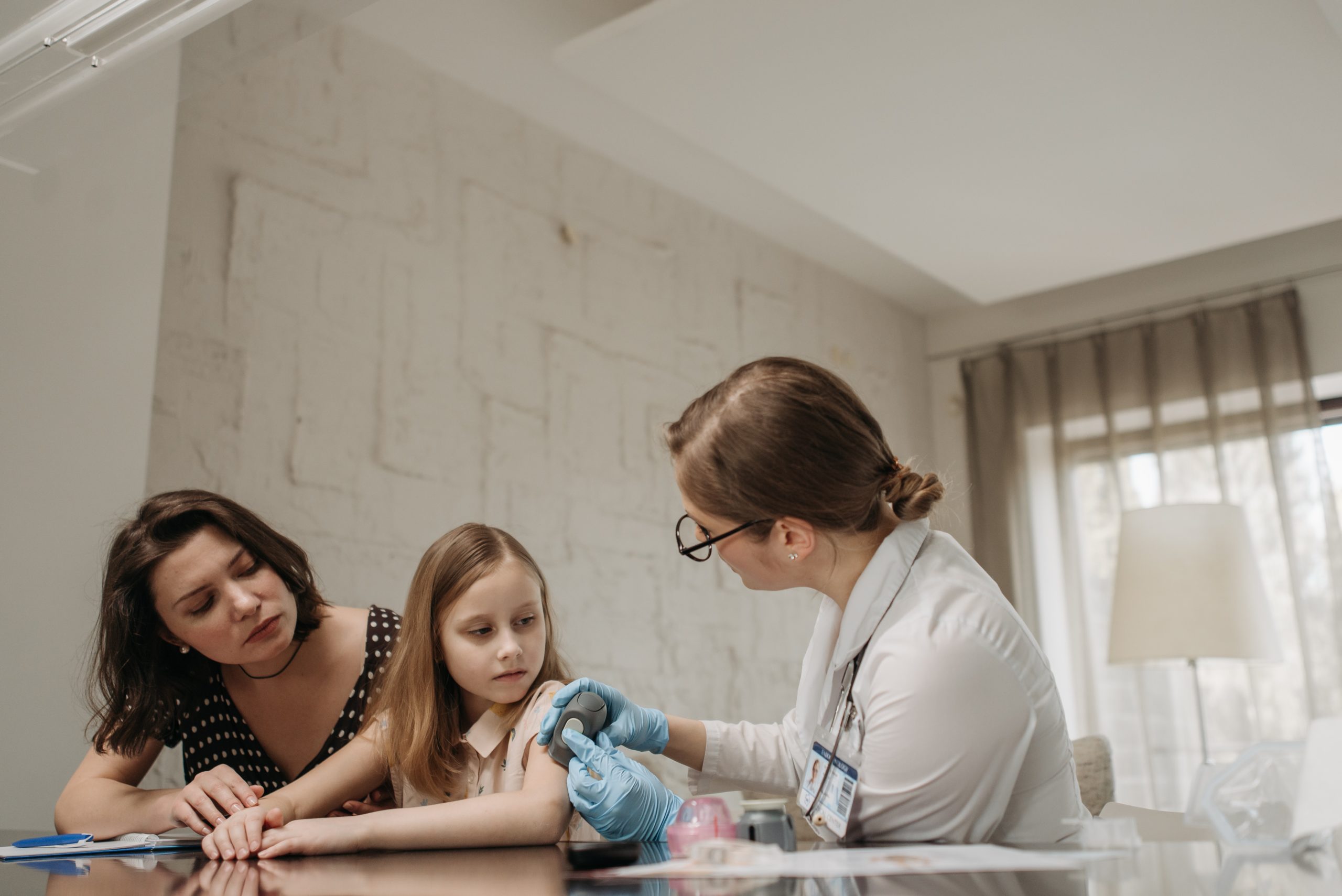According to the Centers for Disease Control and Prevention (CDC), 85% of people will get a human papillomavirus (HPV) infection in their lifetime. While most HPV infections go away on their own, some may persist and cause cervical, vaginal, vulvar, penile, anal, and/or oropharyngeal cancers. The HPV vaccine has proven effective in reducing the incidence of HPV infections, genital warts, and cervical precancers. Despite guidance from the CDC and American Cancer Society supporting HPV vaccination in childhood (ideally between 9-12 years old), vaccine hesitancy still presents a barrier to optimal HPV vaccine uptake in the United States. Parental anxieties surrounding the HPV vaccine may include safety concerns, the association of HPV with early sexual activity, and other fears stemming from misinformation spread online. Parents have also cited an absent and/or insufficient physician recommendation as a factor in their decision to decline vaccination. Women, as the primary healthcare decision-makers in the home, are in a unique position to ensure their children successfully receive the HPV vaccine series on time and through to completion. Women need accessible, science-based, and culturally-relevant information to make informed decisions about HPV vaccination for their families.
SWHR convened an interdisciplinary HPV Vaccine Education Working Group of public health researchers and professionals, community leaders, and health care providers for a closed, roundtable meeting in November 2022. During the roundtable, the Working Group discussed how to eliminate barriers to HPV vaccine confidence, access, and uptake through the development of educational materials designed to reach women as immunization decision-makers.


